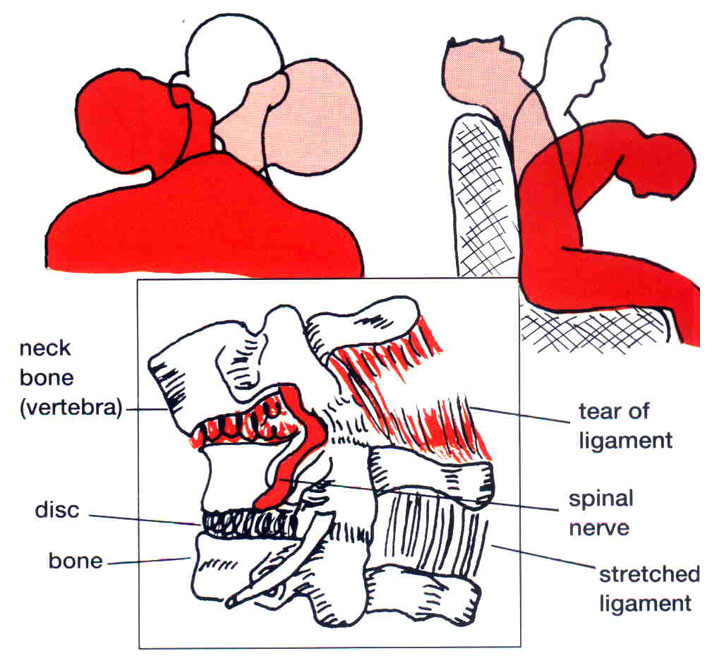
MONMOUTH — Forty-years-ago cervical cancer was the leading cause of cancer deaths in the United States. but increased awareness and preventative treatment has lessened the deadliness of cervical cancer. as of 2007, cervical cancer was not even in the top 10 cancer deaths, according to the Center for Disease Control and Prevention. "It's (cervical cancer) is one of the most preventable cancers out there," OSF Holy Family physician assistant Ann Gummow said. though the disease is dwindling in America — January is cervical cancer awareness month — it remains a cause of concern in other nations, Gummow said. she attributed the success in America to preventative medicine. "it used to be the leading cause of death in women until the Pap smear," she said. because of the Pap smear cervical cancer is being detected earlier. Gummow said cervical cancer has a 95 percent survival rate in Stage 0-1 and less than a 20 percent survival rate in Stages 3-4 when the disease often begins to show symptoms. Gummow said a women older than 21 should have a pap smear every two years. If the women has three pap smears that show no complications then she can have a pap smear every three years. "I would say everyone should get a yearly check up," Gummow said. "most basic insurances cover that." Women can receive pap smears from most family practioners. The Human Papillomavirus (HPV) vaccine also helps. HPV is one of the leading causes of cervical cancer. currently, the shot is approved by the Food and Drug Administration for people from 9 to 26. The shot is actually a series of shots over six months. Gummow said she recommends the vaccination. "I think it's a good idea," she said. "There's always the possibility of adverse circumstances, but there are less adverse events than average vaccines." but Gummow said that, according to FDA, less than 6 percent of people report anything negative. and she believes the U.S. has made a lot of progress in battling cervical cancer. "People are getting better about getting their semi-annual Pap smears," she said. "Between the Pap smear and vaccinations the U.S. is doing pretty well."